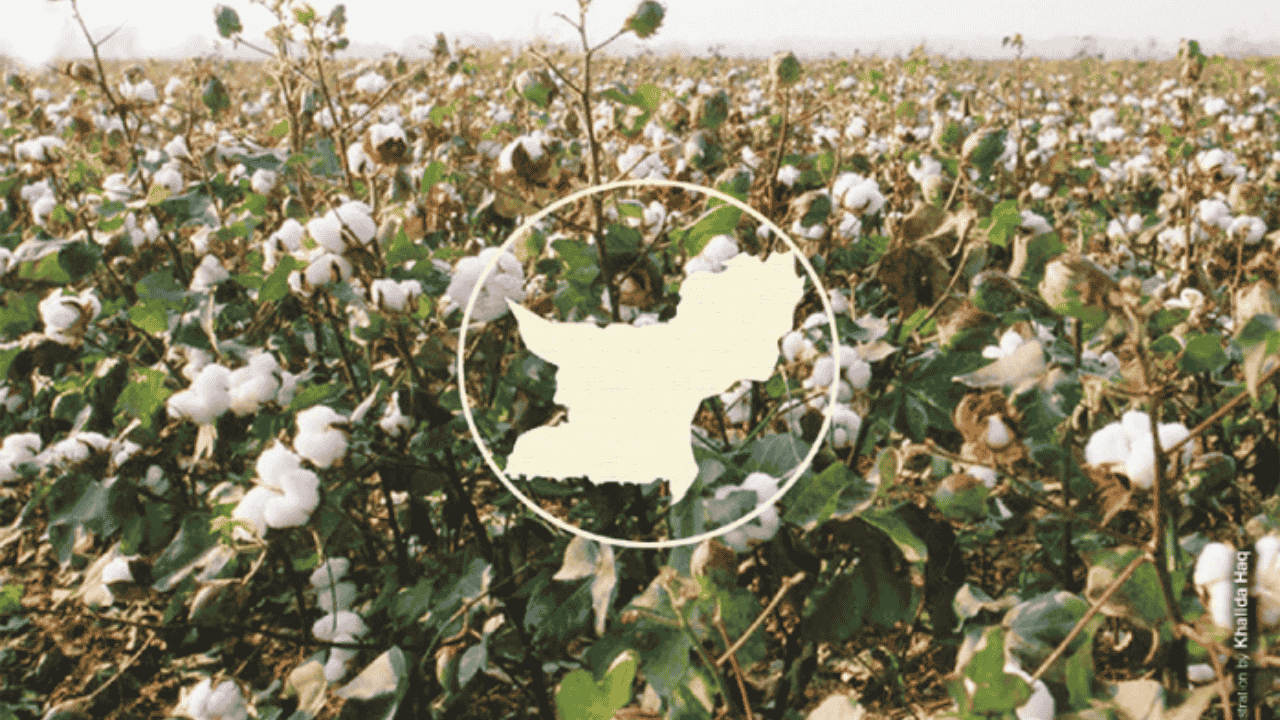By Ahmed Khan Malik
KARACHI– Farmers in Balochistan have urged the provincial and federal governments to expedite the implementation of long-promised reforms in the cotton sector, warning that without immediate steps the province risks losing both economic opportunities and the livelihoods of thousands of farming families.
While Balochistan is known for its apples, dates, and grapes, cotton has also played a role in sustaining rural communities.
In recent years, however, cotton production has declined sharply due to outdated farming practices, insufficient research, and a lack of infrastructure to support growers.
Farmers argued that only serious reforms could revive cotton production and strengthen the province’s agricultural economy.
Declining Cotton Production and Rural Challenges
Growers said cotton cultivation in the province had fallen well below potential. Issues such as water scarcity, rising input costs, pest attacks, and lack of certified seed varieties have drastically reduced per-acre yield.
In districts like Naseerabad, Jaffarabad, and Sohbatpur, where cotton once flourished, many farmers have shifted to other crops or left land uncultivated altogether.
Local growers highlighted that the absence of quality seeds and pesticides had been a recurring problem.
“We are forced to buy seeds from the open market, which often fail to germinate or withstand pests,” said Zahoor Rind, a farmer from Naseerabad, while talking to Wealth Pakistan. “Without government oversight and research support, we cannot compete with other provinces.”
Government Plans for Cotton Sector Development
In recent years, both federal and provincial governments have spoken of comprehensive agricultural reforms to boost cotton production.
Plans included establishing research centers, introducing new high-yield seed varieties, and setting up ginning factories closer to farming districts to reduce transportation costs. However, on-ground progress has remained slow.
Farmers argued that while policy announcements made headlines, implementation lagged behind. “The government needs to take immediate steps to modernize the cotton sector, including training programs for growers, improved irrigation facilities, and subsidized access to modern machinery,” Mahmood Magsi, Secretary of Agri Forum Balochistan, told Wealth Pakistan.
Regional Economic Impact of Cotton Sector Decline
He said Balochistan’s reduced contribution had not only weakened provincial revenue but also put additional pressure on other cotton-producing provinces. He warned that ignoring Balochistan’s cotton sector risks widening regional economic disparities. “Agriculture is one of the few sources of livelihood in rural Balochistan,” said Magsi. “If the cotton sector collapses, migration from rural to urban centers will accelerate, creating new social and economic challenges.”
He also emphasized the need to establish cotton procurement centers within the province. Currently, farmers often have to transport their harvest to Punjab or Sindh, which reduces profits due to high logistics costs.
With proper procurement and processing facilities inside Balochistan, farmers believe the sector could become competitive again.
Tailored Reforms for Balochistan Agriculture
Magsi stressed that reforms must be designed with local realities in mind. Unlike Punjab and Sindh, much of Balochistan relies on canal systems and tube wells, making water management a critical factor. “We do not need copy-paste solutions,” he said. “Our conditions are different, and the government must provide localized support.”
Author Profile






